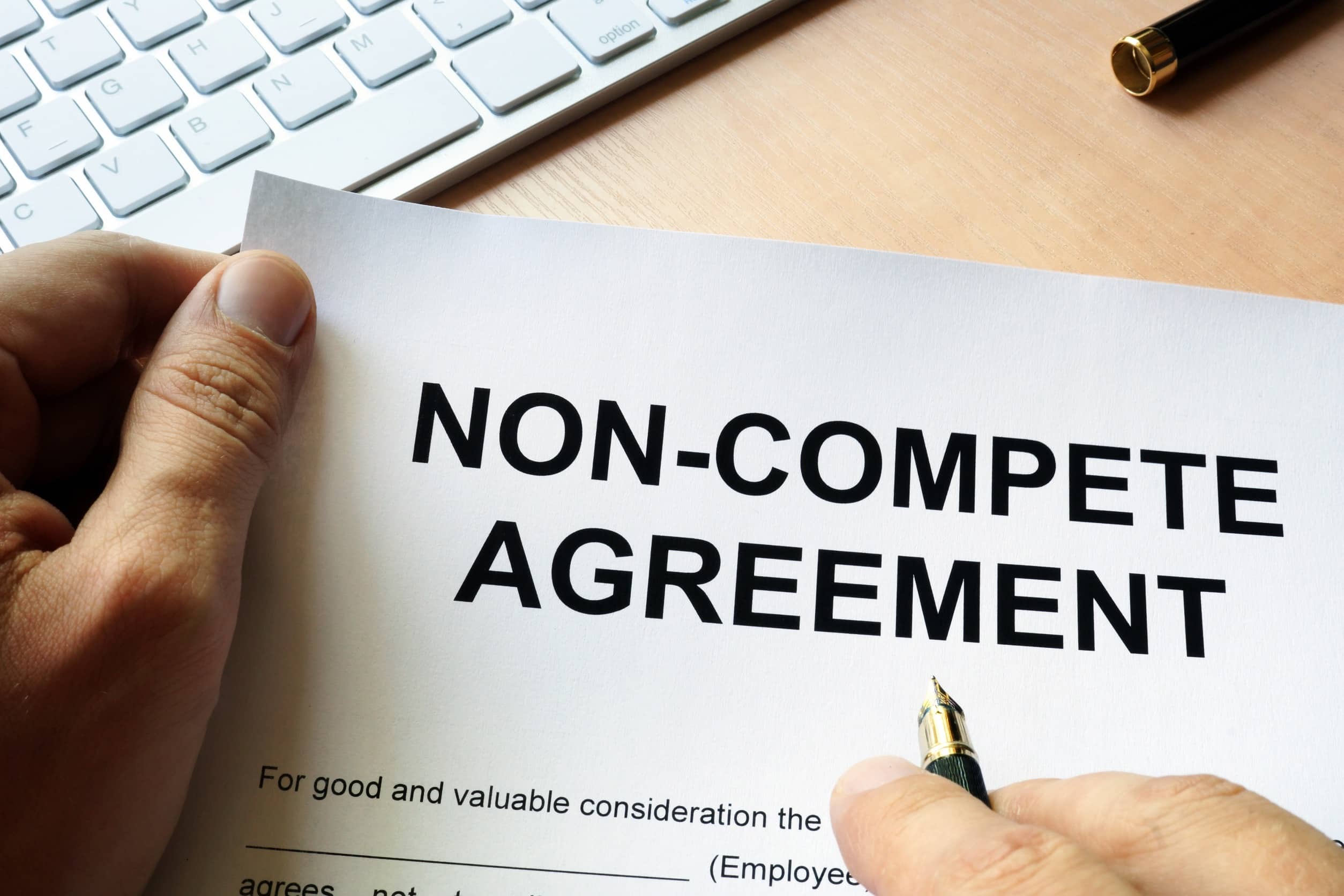Recently, the Federal Trade Commission (FTC) proposed a rule that would prohibit employers from using non-compete agreements or clauses (“non-competes”). The FTC argues that the use of non-competes suppresses wages, restricts employee mobility, hampers innovation, and deters entrepreneurs from opening new businesses. The main public policy argument that the FTC makes for the need for this rule is that non-competes are an unfair method of competition. The proposed rule is currently open for public comment and has not yet become the law. However, it is important for employers and businesses to keep a close eye on this developing topic. Employers should also take note that there are already some restrictions on non-competes, and they are not always enforceable.
What Is a Non-compete?
A non-compete is an agreement that prevents an employee from entering into competition with his or her employer after their employment relationship concludes. Thus, an employee may be restricted from working for a competitor of the employer or opening a similar or competing business. Non-competes also typically prohibit employees from disclosing or utilizing the employer’s proprietary information, such as trade secrets, once the employment period ends. A non-compete can either exist as its own separate agreement or as a clause within an employment agreement.
Are Non-competes Always Enforceable?
The short answer is, “it depends.” First, there must be a legitimate interest on the employer’s behalf to enforce a non-compete. Next, the non-compete must not pose an undue hardship on the employee. Also, the non-compete must not result in a violation of public policy. Additionally, the non-compete must be reasonable in scope, duration, and geographical limit. However, it is important to note that these rules are generally observed, but certain states have further limitations on the enforceability of noncompetes.
What Are Legitimate Employer Interests?
Typically, an employer will implement a non-compete for an employee who can potentially utilize the knowledge and information obtained from the employer to either work for a competing business or open a competing business. Legitimate employer interests can also include the protection of trade secrets, client lists, and other proprietary information. For example, the owner of a veterinary clinic might use a non-compete to prevent one of his veterinarians to open her own clinic in the same neighborhood, which would service the same client base.
However, employers generally cannot enforce a non-compete that covers all of its employees without regard for the skill and position of employees. For example, it would be difficult for a fast food restaurant chain to successfully argue that all of its employees, even its minimum wage workers, must be bound by a non-compete. In that case, the employer would need to prove that it has a legitimate interest in enforcing a non-compete on those workers.
What Is Considered an “Undue Hardship” on an Employee?
An undue hardship is typically found when a non-compete severely or unreasonably limits an employee’s ability to obtain work. An undue hardship is commonly found when there are either none or very few other employers where the employee can seek work. For example, if there are only a handful of hospitals in a state where a radiologist can practice her specialty, a non-compete against the radiologist may be difficult to enforce.
How Can a Non-compete Violate Public Policy?
Public policy is normally implicated for non-competes when they result in a limitation of services that are necessary to the general public. For example, if a hospital attempts to utilize a non-compete for a doctor that specializes in a rare form of cancer treatment, the non-compete might be unenforceable. This is because the doctor’s specialty serves an important purpose for the public, especially if the doctor is the only specialist for that type of medicine in that geographic area.
When Is the Scope of a Non-compete Unreasonable?
A non-compete should specify the type of work that an employee will be unable to perform for a competitor. It should also specify the type of information that the employer is trying to protect. A non-compete that broadly prevents an employee from performing any type of work for any competitor may be too broad and unenforceable.
When Is the Duration of a Non-compete Unreasonable?
The duration of a non-compete should be reasonably related to the legitimate interest that the employer seeks to protect. A court will look at how much time must pass for the risk of harm to the employer due to the employee’s competing business to be reasonably moderated. When the non-compete serves to protect customer relationships, the duration is reasonable if it is no longer than necessary for the employer to hire a new employee and for the new employee to have a reasonable opportunity to demonstrate her effectiveness to customers. Therefore, a non-compete that has an indefinite duration would likely be considered unreasonable.
When Is a Geographic Limitation Unreasonable?
Reasonable geographic limitations are generally considered to be the area where the former employee actually worked or from which clients were drawn. A non-compete that contains a broad geographic restriction that covers areas where the employer does not conduct business or where customers are not drawn from may not be enforceable.
How Do States Differ in Enforcing Non-competes?
Several states and jurisdictions, including Oklahoma and the District of Columbia, have very strict limitations on the enforcement of non-competes. Further, California is the state with the longest history of refusing to enforce non-competes. Therefore, before implementing a non-compete in an employment or independent contractor agreement, it is important to consult with an attorney to determine if this type of agreement is enforceable in your jurisdiction.


